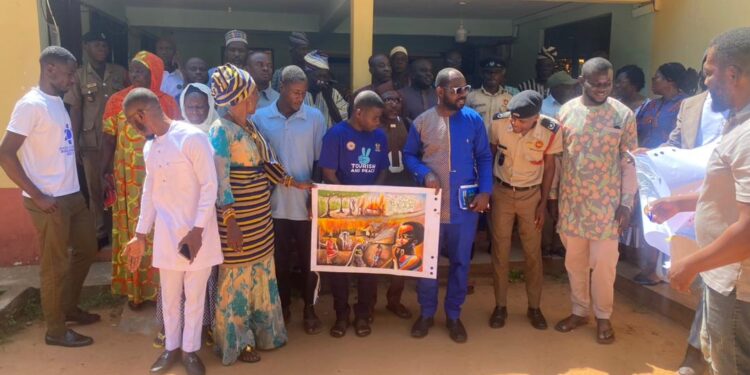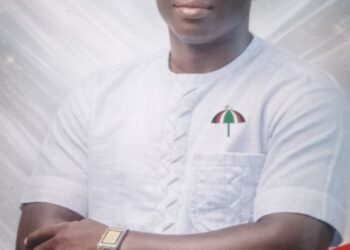The Leverhulme Centre for Wildfires, Environment and Society, a global wildfires centre based in the UK, has collaborated with the civil society organisation, ARocha Ghana to organise a two-day workshop on co-developing Equitable Fire Management on the 16th and 17th October 2024 at Damongo in the Savannah Region.
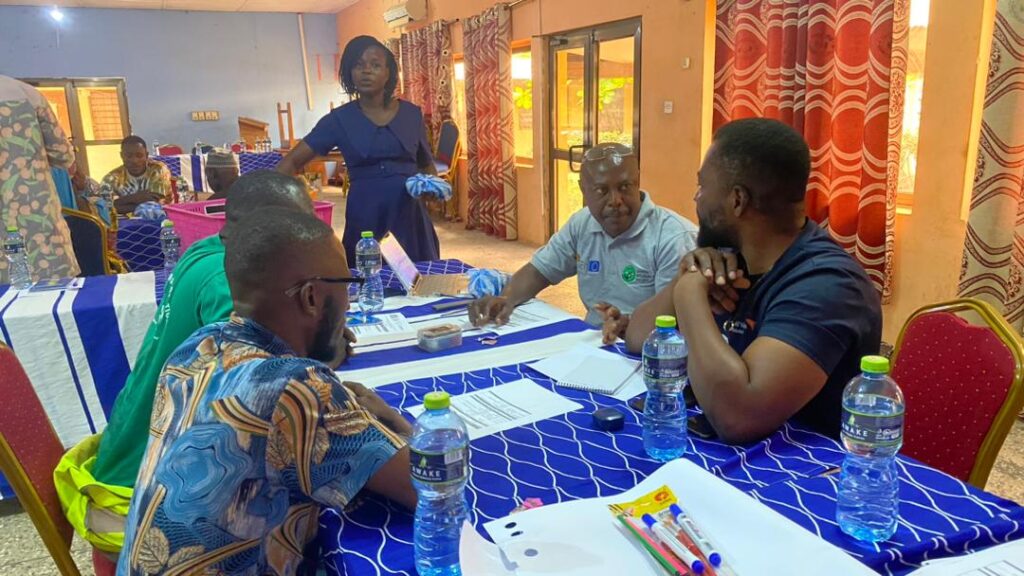
The workshop brought together a wide range of stakeholders from the five regions of Northern Ghana including Government institutions, NGOs, academia, the private sector, traditional authorities, and livelihood groups dependent on landscape fire.
The event aimed to develop an adaptable framework for equitable fire management in Northern Ghana, particularly where fire-prone landscapes intersect with exclusionary land management systems.
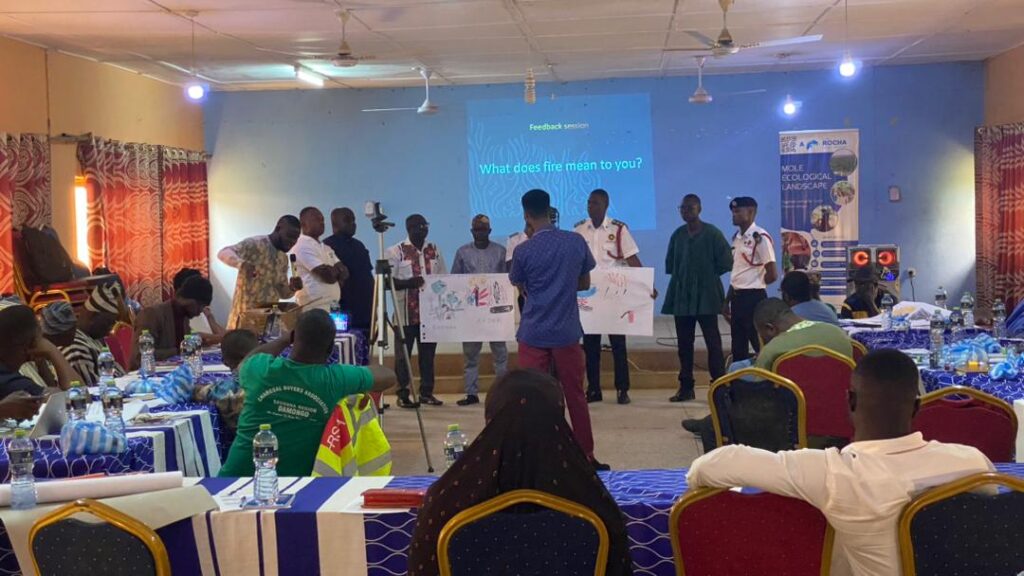
The event also focused on building a common understanding of the different types of landscape fires in Northern Ghana and understanding the drivers that hinder and foster inclusive fire management in Northern Ghana using participatory approaches.
The workshop also aimed to foster collaboration and establish a network of stakeholders to spearhead fire management initiatives in the region.
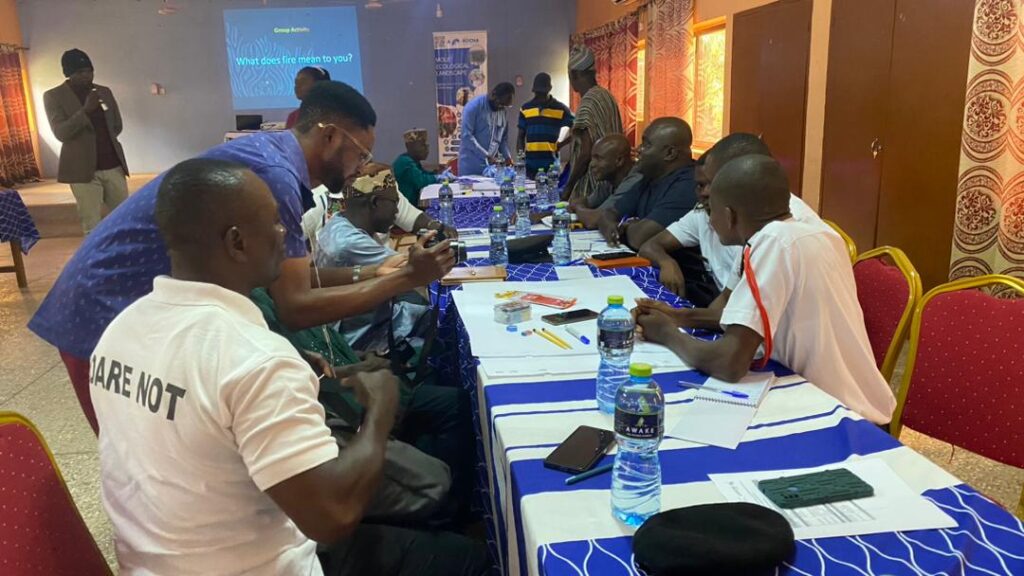
The workshop was designed to accelerate the impact of on-going research by Rahina Sidiki Alare, a PhD student from King’s College London, whose work explores fire governance in Northern Ghana’s Savannah landscapes. Her research, funded by the London Interdisciplinary Social Science Doctoral Training Partnership, highlights the disparity between national fire policies and traditional burning practices, revealing how the exclusion of local knowledge in policymaking often penalises these communities. “The way we manage fires in Northern Ghana has marginalised certain livelihoods and this has the potential to escalate more destructive fires,” she stated in an interview. “The workshop’s goal is to bridge this gap, ensuring fire management is effective and adaptable while being inclusive.”
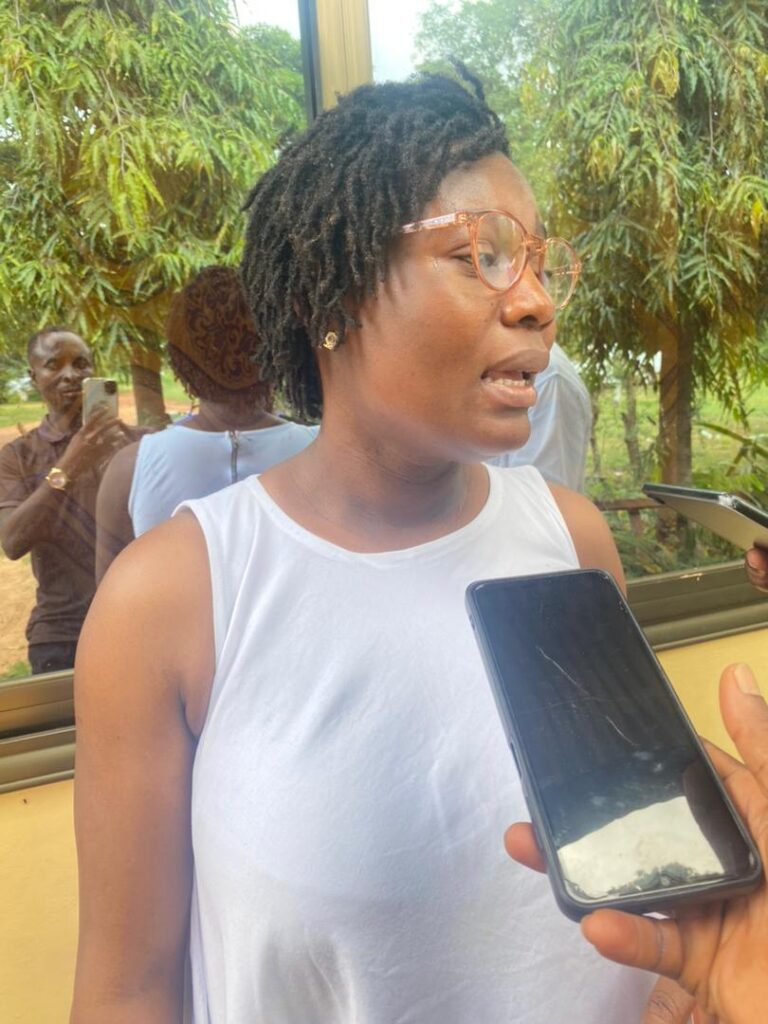
Mr. Godwin Evenyo Dzekoto, A Rocha Ghana’s Northern Sector Project Manager, emphasized the importance of integrating traditional fire knowledge with modern science. “The Savannah woodland needs fire for ecological balance, but the natural management of fire has been disrupted. This workshop seeks to find common ground between traditional practices and scientific knowledge to manage fire levels sustainably,” he explained.
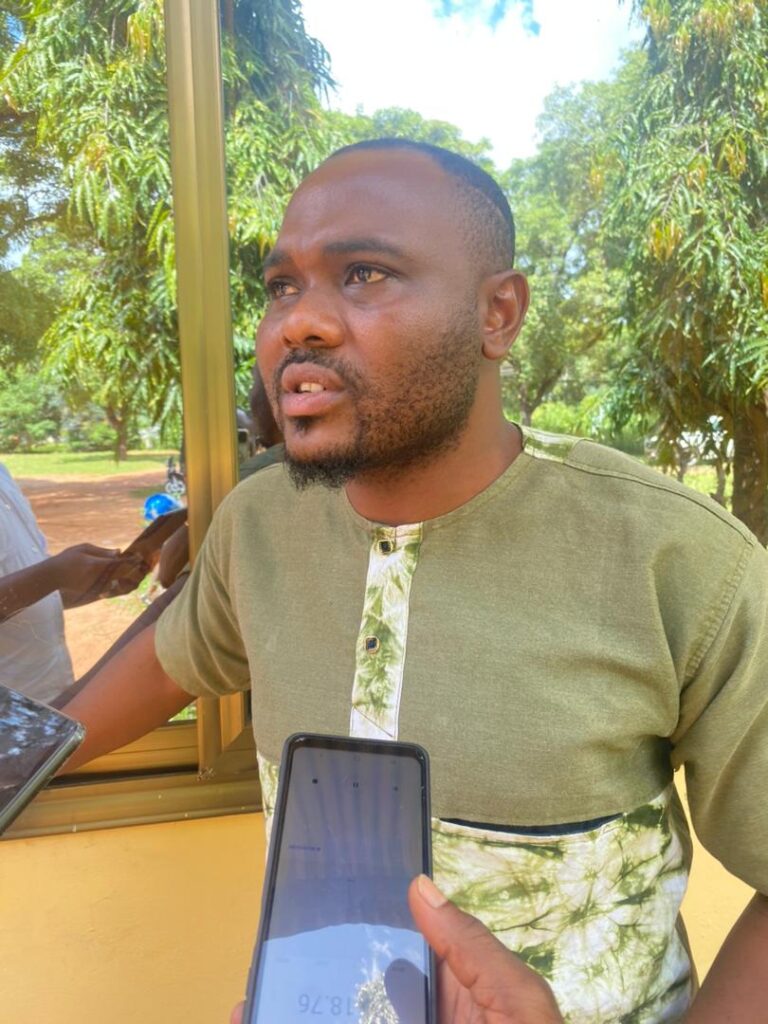
The workshop participants used participatory drawings, known as ‘rich pictures’ to discuss their perception of fires in Northern Ghana’s savannah landscape.
Participants also discussed the drivers that hinder inclusive fire management and highlighted the need to include marginalised groups such as herders and hunters in fire management initiatives.
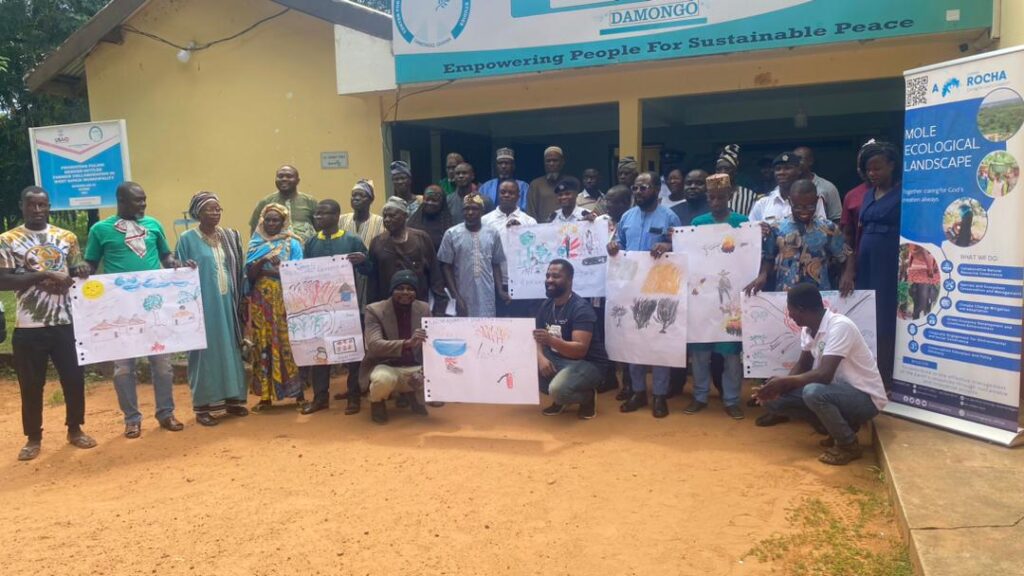
The rich fire pictures drawn by participants were collated and modified into mural poster paintings of what fire meant to all stakeholders by an international artist, Daniel Kweku Anetang. The painting will be expanded into a mural billboard and mounted in Damongo in the upcoming weeks.
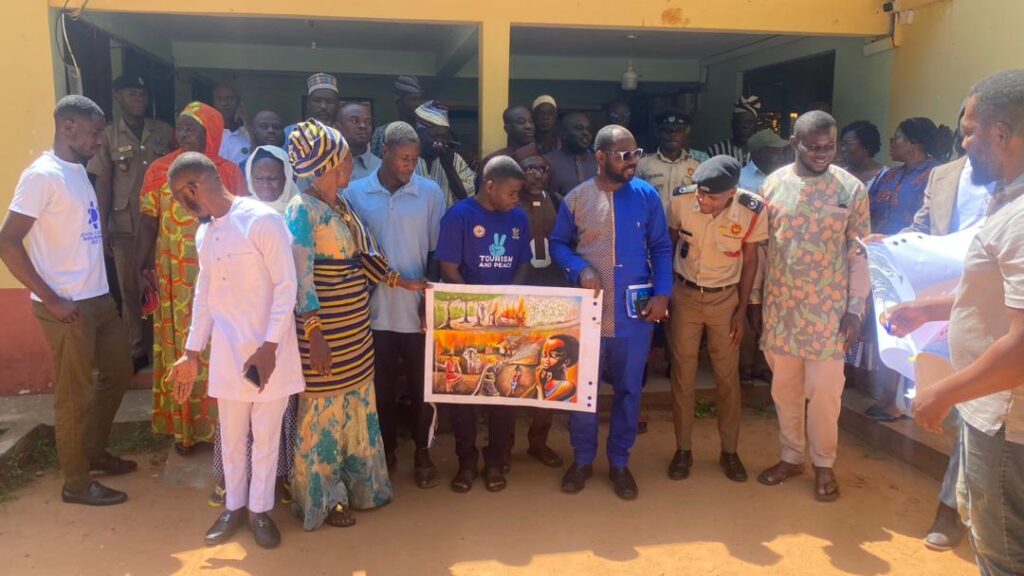
The workshop, which was funded by an Arts and Humanities Research Council (AHRC) Impact Accelerator Award from King’s College London, and the Leverhulme Centre for Wildfires, Environment and Society, ended with the establishment of an inclusive network of fire management practitioners, including the various stakeholders. It is hoped that the network formed during the event will drive future projects that promote sustainable fire practices, benefiting both the environment and local communities.
Source: Padfm.com.gh/Kumatey Gorden/0243531604

